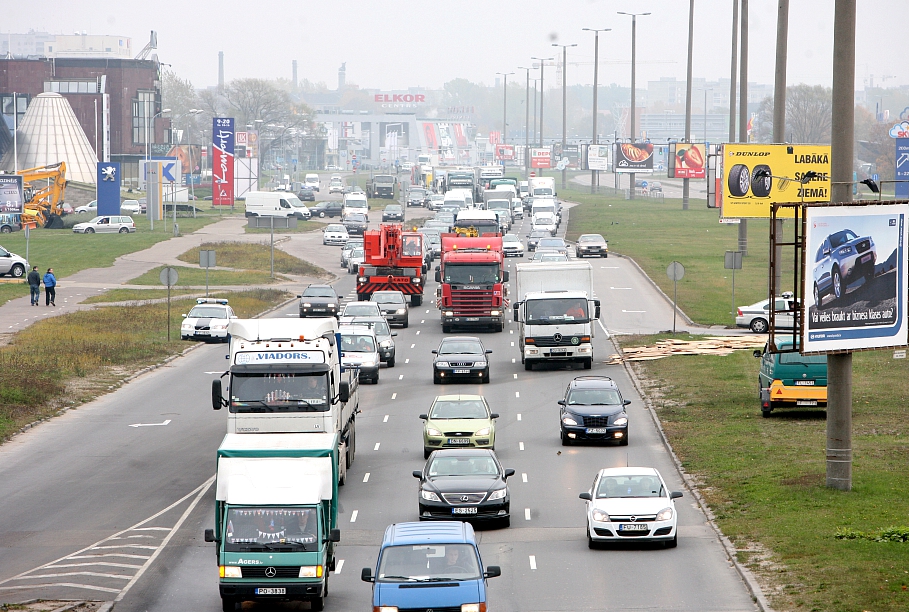Currently older cars in Latvia are taxed based solely on weight, while newer cars are taxed taking into account the total weight, engine volume and engine maximum power.
Taxes for operating cleaner cars will see taxes lowered but taxes will rise for luxury cars and dirtier cars.
Furthermore, the Transport Ministry plans on scrapping the registration tax that's paid upon registering a car in Latvia. That's why the price of import cars will shrink some €300 to €800, said Vectirāns.
While the annual vehicle operating tax is to be set, based on the volume of emissions. Dirtier cars will mean larger taxes, said Vectirāns.
The state will continue to tax vehicles older than 2005 based on the car's weight, while cars made from 2005 to 2009 will be taxed as currently, based on the engine volume and maximum power.
Cars with CO2 emissions over 350 g/km could be taxed annually with €756 and cars with CO2 emissions of 300 to 350 g/km are to be taxed with €562.
The tax for hybrid and electric cars with emissions of less than 50 g/km is to be scrapped in full, and cars with emissions of 51-91 g/km are to be taxed €12 annually.
The ministry plans to introduce the tax to newly imported cars starting next year, while the cars already registered in Latvia would be taxed under the new rates starting 2019, giving current owners time to think again.






























